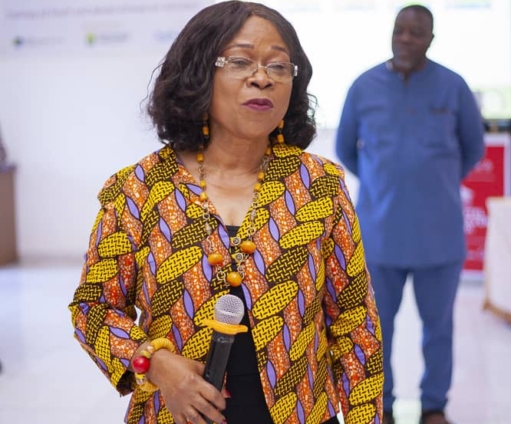The Executive Secretary of the African Media and Malaria Research Network, Dr Charity Binka, has emphasised the crucial role of collaboration between nutritionists, dieticians, journalists, and media personnel in promoting good nutrition for societal well-being.
Dr Binka, who is also a member of the Africa Catalyzing Action For Nutrition (AfriCAN), urged professionals from these diverse fields to join forces for a positive impact on public health.
Speaking at a media training workshop on nutrition organized by the Africa Catalyzing Action For Nutrition (AfriCAN), Dr Binka highlighted the power of the media in shaping public perceptions and behaviours, particularly in the realm of nutrition.
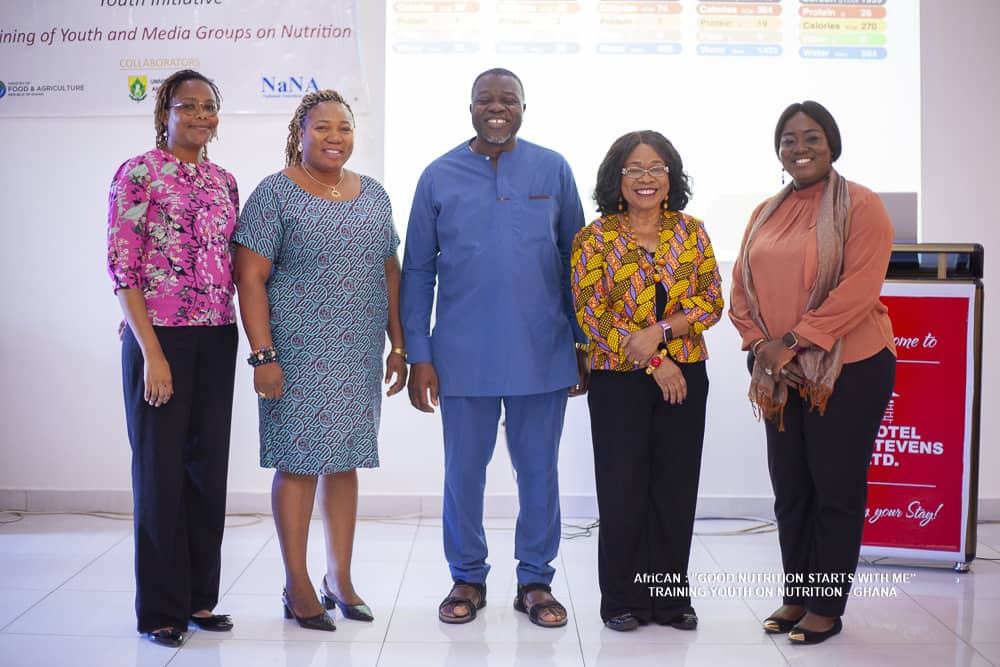
She emphasised that the media plays a pivotal role in disseminating accurate information, debunking myths, and raising awareness about the importance of healthy eating habits.
"Nutrition is not just about individual health; it is a cornerstone of societal well-being," stated Dr Binka during her address. "We need to harness the reach and influence of the media to educate and empower communities to make informed choices about their diets."
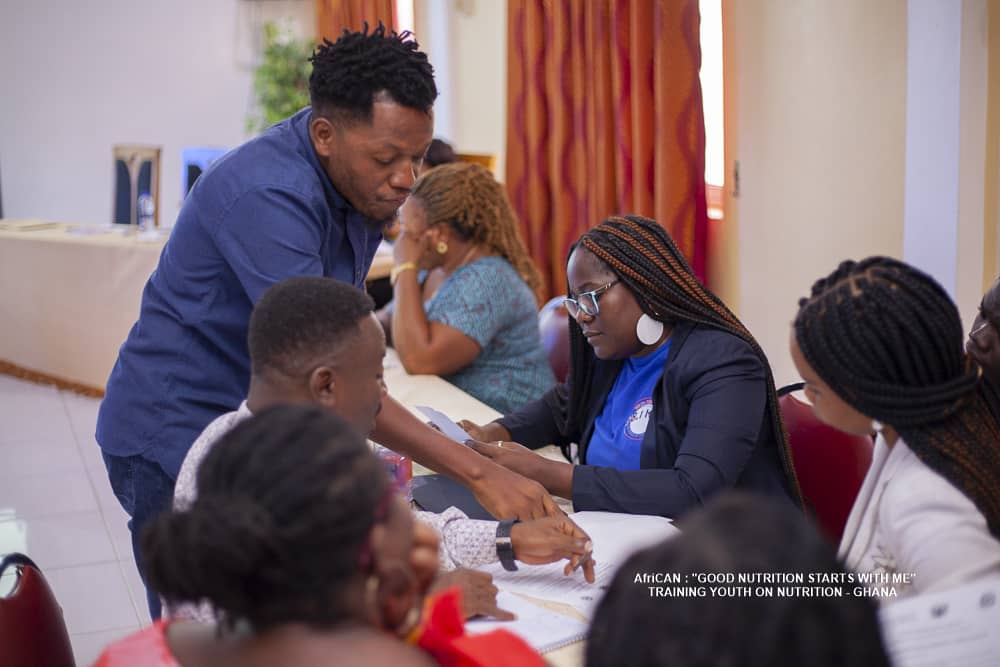
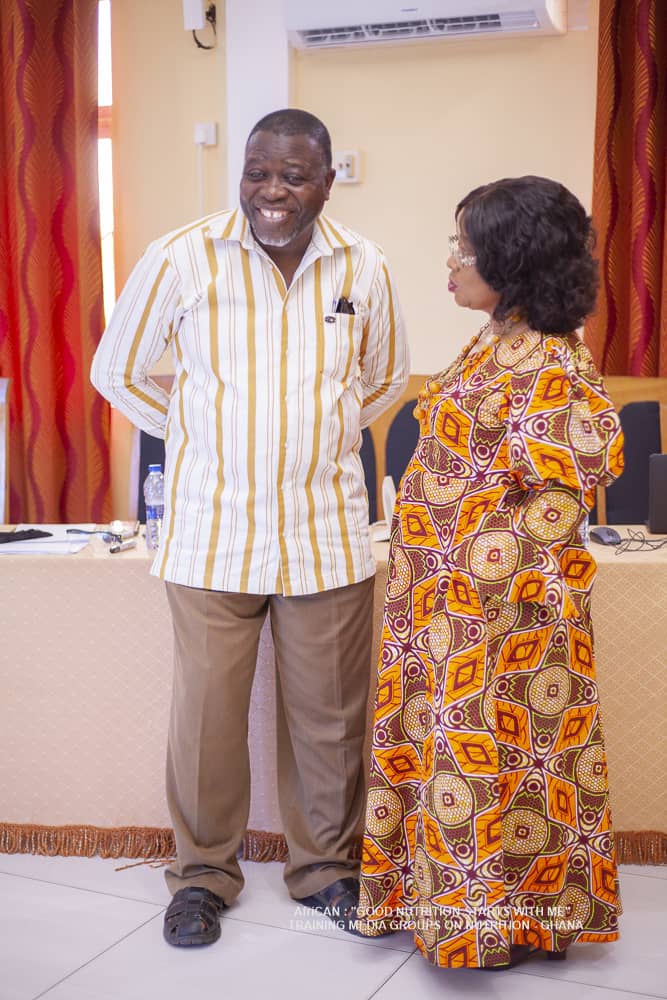
The Executive Secretary pointed out that journalists and media professionals are uniquely positioned to translate complex nutritional information into easily understandable content for the general public. By collaborating closely with nutritionists and dieticians, they can create compelling narratives that motivate individuals and families to adopt healthier lifestyles.
"Journalists are storytellers, and in the realm of nutrition, these stories can be life-changing," remarked Dr Binka. "We must work hand in hand with experts in the field to ensure that these narratives are not only accurate but also inspiring."
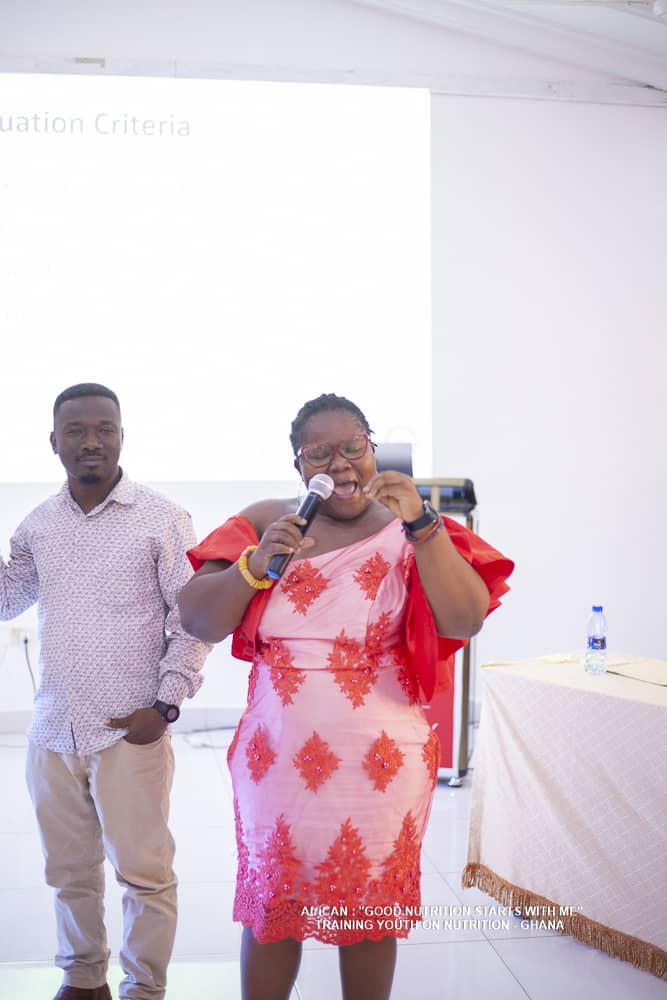
Dr Binka emphasised the need for accurate reporting on nutrition-related topics, citing the prevalence of misinformation that can lead to detrimental health consequences. By fostering partnerships between media practitioners and nutrition professionals, she believes that a more informed and health-conscious society can be cultivated.
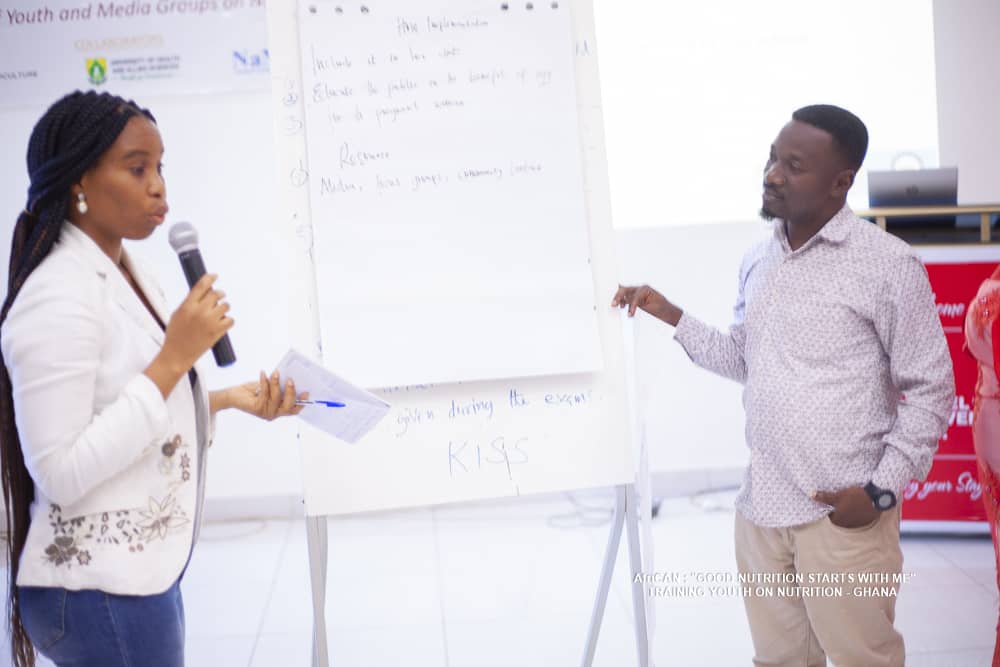
As a member of AfriCAN, a network dedicated to catalyzing action for improved nutrition across Africa, Dr Binka called for sustained efforts to integrate nutrition education into media campaigns and programming.
She stressed that this collaboration has the potential to reach vast audiences, from urban centres to remote communities, thereby driving positive behavioural changes at scale.
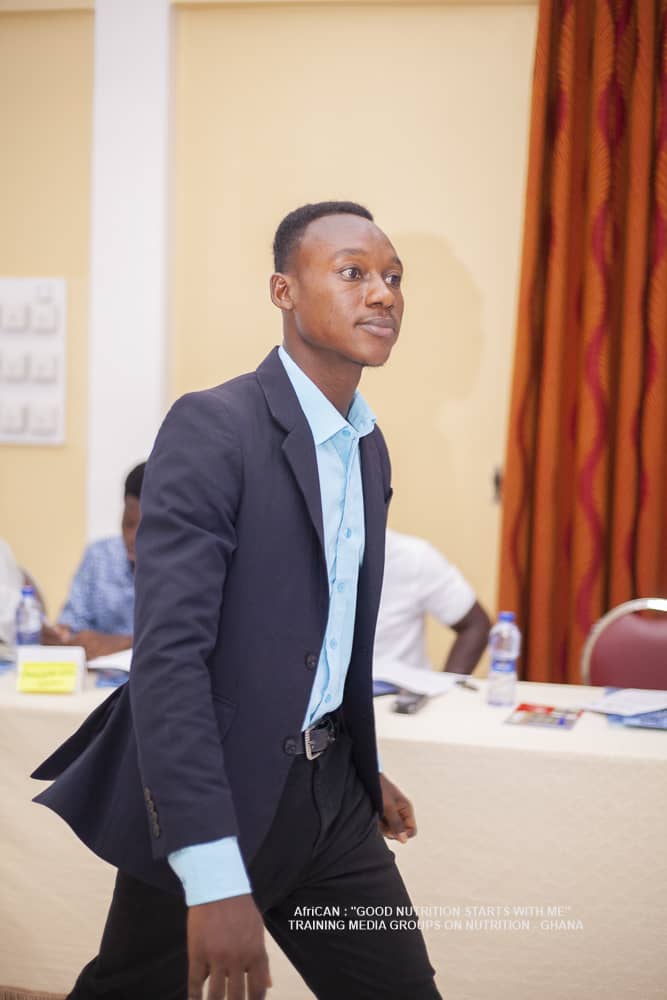
In conclusion, Dr Charity Binka's call for collaboration between nutritionists, dieticians, journalists, and media personnel underscores the importance of a multi-faceted approach to promoting good nutrition.
By working together, these professionals can leverage their respective strengths to create a healthier, more resilient society for generations to come.
Latest Stories
-
Hospitals in Kenya capital, nearby town vandalised during protests
1 hour -
E&P’s $250m funding promise was just talk, says Azumah Resources
1 hour -
We won’t be distracted by noise – Azumah Resources blasts E&P in escalating Gold Mine row
2 hours -
$100M deal Is business, not politics – Engineers & Planners
4 hours -
Police exhume multiple human remains in Central Tongu shrine
4 hours -
Ramaphosa opposes Trump’s 30% tariff on South Africa
4 hours -
First malaria treatment for babies approved for use
5 hours -
Alcaraz masterclass ends Norrie’s Wimbledon hopes
5 hours -
TOR throws light on premix composition amid sector reforms at stakeholder engagement
5 hours -
TOR dismisses claims of unchecked fuel dispatches, highlights strict multi-agency verification process
5 hours -
MPs vote to establish independent regulator for men’s football in England
5 hours -
Ghana abstains from UN vote on LGBTQ+ rights amid push for criminalisation
6 hours -
Jota’s car was probably speeding before fatal crash, Spanish police say
6 hours -
CJ’s powers too excessive, prone to political abuse – Prof. Prempeh calls for urgent reforms
6 hours -
Mahama inaugurates committee to oversee handover of UGMC to UG
6 hours

